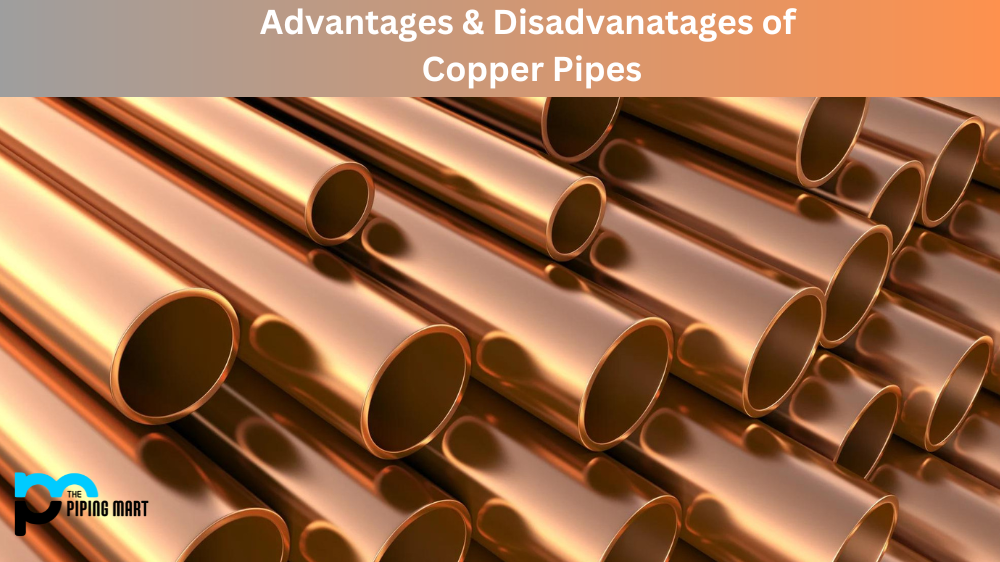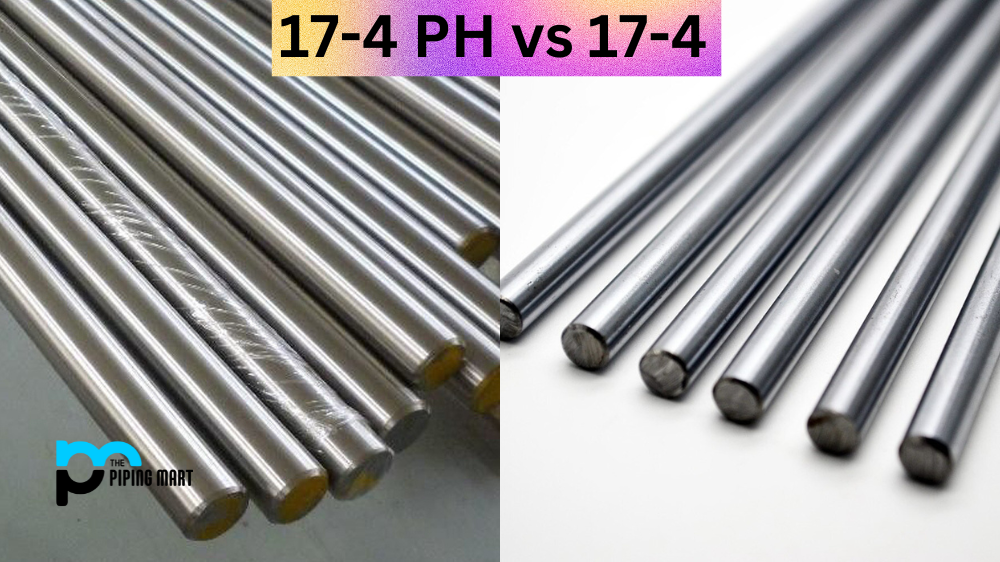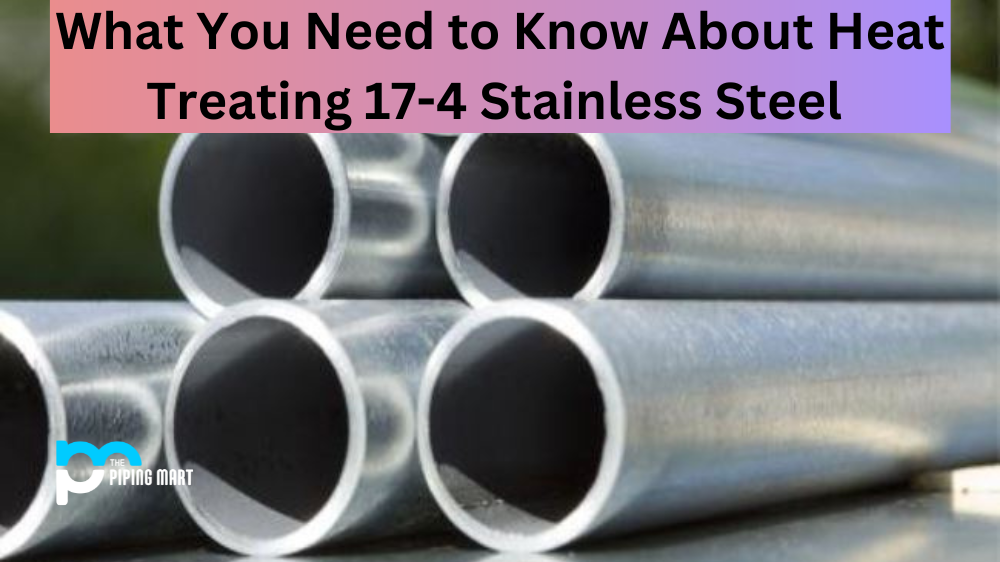Copper pipes are one of the most popular types of plumbing pipes in use today. They’re known for their durability, flexibility, and easy installation. But before you decide to install copper pipes, it’s essential to understand both the advantages and disadvantages of this type of plumbing. Let’s take a closer look.
5 Advantages of Copper Pipes
The primary benefit of copper pipes is that they’re incredibly durable and long-lasting. Unlike plastic pipes, they won’t corrode or deteriorate over time, so you won’t have to worry about replacing them anytime soon. Some copper piping can last up to 50 years if properly cared for! Additionally, copper pipes are more flexible than other types of piping, so they can be used in tight spaces without breaking or cracking. Finally, copper has excellent thermal properties, which makes it ideal for hot water lines since it helps keep the temperature regulated while also preventing any nasty scorching or scalding accidents from happening.
Copper Pipes Last Longer
One of the most significant advantages of copper pipes is that they last much longer than other types of pipes. Copper is a very strong and durable metal that can withstand a lot of wear and tear. Additionally, copper is resistant to corrosion, so that it won’t rust or degrade over time. This means you won’t have to replace your copper pipes as often as you would other types of pipes.
Copper Pipes Are Easy to Install
Another significant advantage of copper pipes is that they are very easy to install. Copper pipes are flexible, so they can be bent into any shape you need. This makes them much easier to work with than rigid materials like PVC or metal. Additionally, copper pipes don’t require special tools or fittings so you can save time and money on installation.
Copper Pipes Don’t Require Much Maintenance
Copper pipes also only require a little maintenance once they’re installed. Unlike other materials, copper doesn’t rust or degrade over time, so you won’t have to worry about replacing it. Additionally, copper is naturally antibacterial, so it won’t develop any harmful bacteria that could cause problems in your home.
Copper Pipes Are Recyclable
Another significant advantage of copper pipes is that they are 100% recyclable. When ready to replace them, you can recycle them instead of throwing them away. This helps to reduce waste and protect the environment.
Copper Pipes Improve Water Quality
Finally, copper pipes can also help improve your water quality. Copper is a natural mineral that has been shown to kill harmful bacteria and viruses. This means water will be safer and healthier when it flows through copper pipes.
Disadvantages of Copper Pipes
The major downside to copper piping costs; copper is expensive, so installing it can be pricey. Additionally, copper is a soft metal (compared to others like steel), and it can quickly become damaged by tools during installation if proper care isn’t taken. And finally, although copper is reliable and long-lasting, it still requires regular maintenance and upkeep—which means more money out of your pocket over time—if you want to keep your plumbing functioning at its best.
- Copper pipes can be expensive.
- Copper pipes are susceptible to corrosion.
- Copper pipes can leach copper into the water supply.
- Copper pipes can be challenging to install.
- Copper pipes can be noisy.
Conclusion:
Overall, while copper piping has some drawbacks in your home or business, its advantages far outweigh its disadvantages; this type of pipe is reliable and long-lasting when properly cared for and maintained. So if you’re looking for a durable yet affordable option for your plumbing needs, consider investing in quality copper pipes today! With proper installation and maintenance, these pipes will serve you for years.

Abhishek is a seasoned blogger and industry expert, sharing his insights and knowledge on various topics. With his research, Abhishek offers valuable insights and tips for professionals and enthusiasts. Follow him for expert advice on the latest trends and developments in the metal industry.




